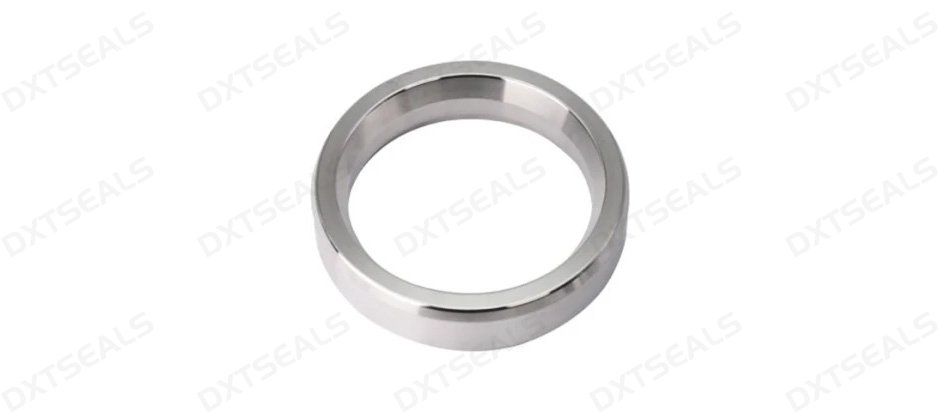
When it comes to sealing solutions in industrial settings, the choice between rubber and metal gaskets can significantly impact performance, durability, and cost. Both materials have unique characteristics that make them suitable for different applications. In this article, we will explore the pros and cons of using rubber versus metal gaskets to help you make an informed decision for your specific needs.
1. Rubber Gaskets
Pros:
- Excellent Flexibility: Rubber gaskets are highly flexible, allowing them to conform to uneven surfaces and create effective seals.
- Good Sealing Properties: They provide superior sealing against liquids and gases, making them ideal for applications where leaks are a concern.
- Vibration Dampening: Rubber gaskets can absorb vibrations, reducing noise and wear on components.
- Cost-Effective: Generally, rubber gaskets are more affordable than metal gaskets, making them a cost-effective choice for many applications.
Cons:
- Temperature Limitations: Rubber gaskets may degrade at high temperatures, making them unsuitable for extreme heat applications.
- Chemical Resistance: Some rubber materials can be affected by certain chemicals, leading to swelling or deterioration.
- Shorter Lifespan: Rubber gaskets may have a shorter operational lifespan compared to metal gaskets, requiring more frequent replacements.
2. Metal Gaskets
Pros:
- High Temperature and Pressure Resistance: Metal gaskets can withstand extreme temperatures and pressures, making them ideal for demanding industrial environments.
- Longevity: Metal gaskets typically have a longer lifespan than rubber gaskets, reducing replacement frequency and maintenance costs.
- Chemical Resistance: Many metal gaskets are resistant to a wide range of chemicals, making them suitable for corrosive environments.
Cons:
- Less Flexible: Metal gaskets are rigid and may not conform well to uneven surfaces, potentially leading to leaks if not installed correctly.
- Higher Cost: Generally, metal gaskets are more expensive than rubber gaskets, which can impact budget considerations.
- Weight: Metal gaskets can be heavier than rubber gaskets, which may not be ideal for lightweight applications.
3. Choosing the Right Gasket Material
When deciding between rubber and metal gaskets, consider the following factors:
- Operating Conditions: Assess the temperature, pressure, and chemical exposure your application will encounter.
- Seal Integrity: Determine the importance of a tight seal in your specific application, as this can influence your material choice.
- Cost Considerations: Evaluate your budget and the long-term maintenance costs associated with each material.
4. Conclusion
Both rubber and metal gaskets have their advantages and disadvantages in industrial settings. Rubber gaskets excel in flexibility and sealing capabilities, while metal gaskets provide superior durability and resistance to extreme conditions. By carefully considering the specific requirements of your application, you can choose the right gasket material to ensure optimal performance and reliability in your industrial processes.
